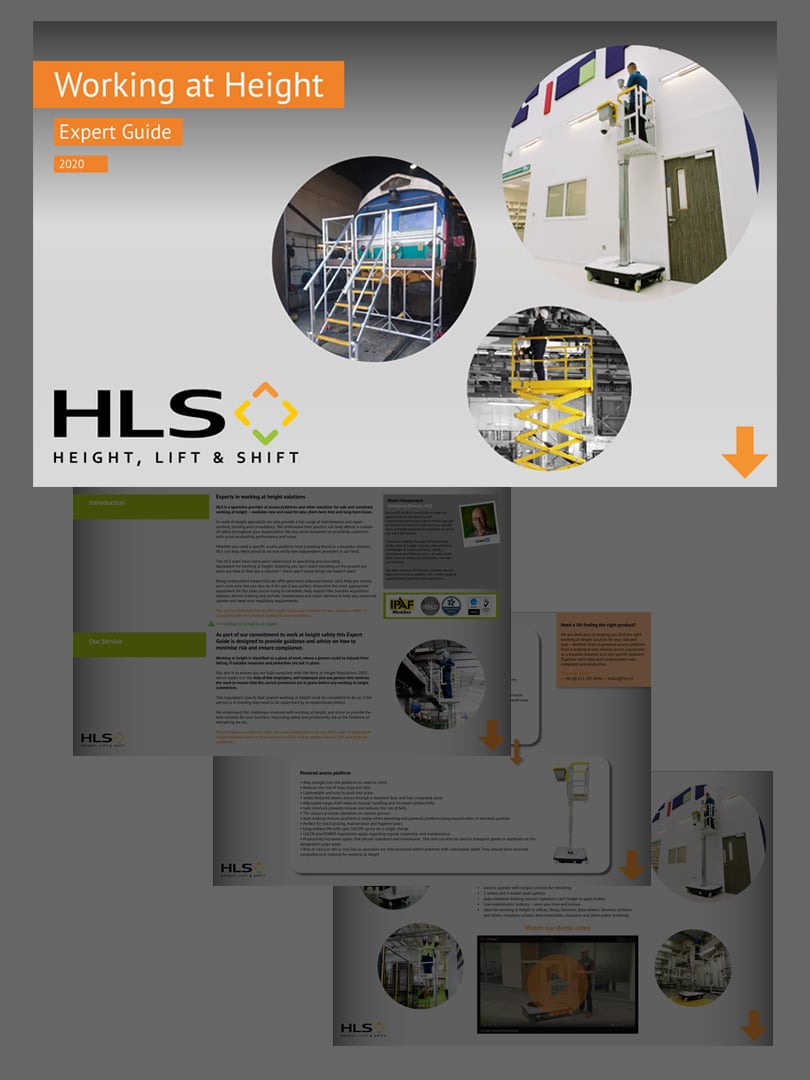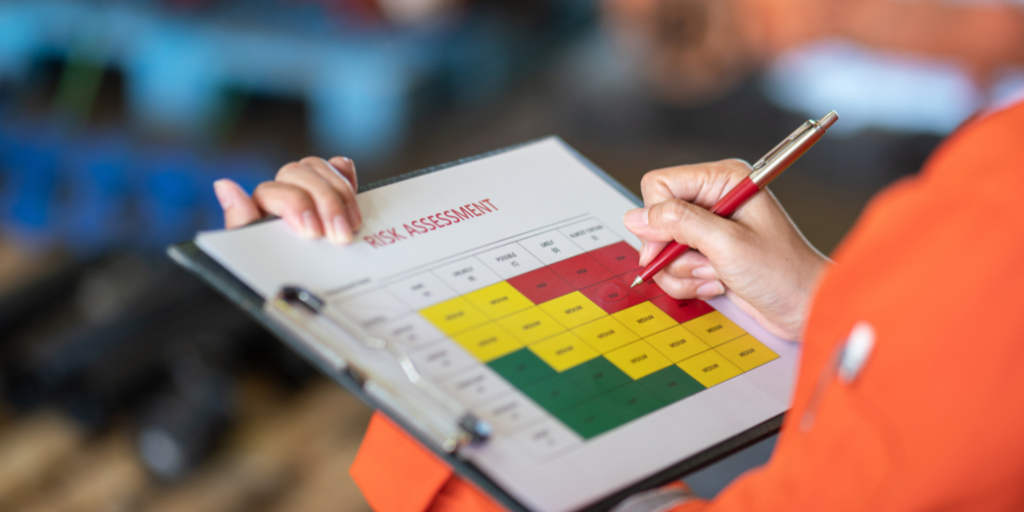Being safe at work is just as important as being safe anywhere else. However, even though workplace safety
continues to improve year-on-year, the statistics of injuries, illnesses, and fatalities are still staggeringly high.
In the year 2014/15, approximately 687,000 injuries occurred at work – that’s nearly 2000 injuries a day. These injuries accounted for over 27.3 million working days lost and £14.3 billion spent.
But it’s not all doom and gloom. There is plenty you can do to make your workplace safer. Here are a few tips to help you on your way towards reducing accidents and keeping workers safe:
- Make it clear – it’s important to make all health and safety procedures clear to your staff. Your health and safety policy should be concise, easy to understand and readily available to your employees at all times, whether that is by giving out printed copies or putting safety messages on display around your site. Installing appropriate signs in your workplace is one quick and easy measure to take and can offer years of instruction to employees and visitors. White backgrounds, easy-to-understand symbols, garish colours, as well as easy to read instructions can significantly help in increasing your staff’s awareness. It’s also important that signs are placed in highly visible areas, so that they can be seen by those who are at risk.
- Equip yourself- having the correct equipment is essential to your and your employee’s safety. Ensure that all appropriate equipment is easily accessible, so your employees aren’t tempted to take shortcuts by using inappropriate tools. If your budget allows it, try to obtain the latest and most recently upgraded models of equipment – older or used machines won’t be as technologically advanced and may be more likely to break.
- Good health and safety takes dedication – it’s worth investing time in creating a detailed health and safety policy and telling staff about it. In order for any health and safety measures to achieve their purpose they need to be consistently reviewed, reported and revised.
Devoting time to continuously spread out your safety procedures and track their performance may seem like a fair amount of work, but it will be more than worth it when compared to the consequences of having an unsafe workplace.
Following these initial steps into creating a strong safety culture, and you will find yourself one step closer to having a safer and more productive organisation.
HLS would like to thank Blackwater Law for contributing this article to our blog. If the worst comes to the worst, their invaluable knowledge and advice can help you if you’re ever in doubt about personal injury law.
You can get in touch with Blackwater Law through their website: http://blackwaterlaw.co.uk/ or by calling 0800 083 5500.





.png)